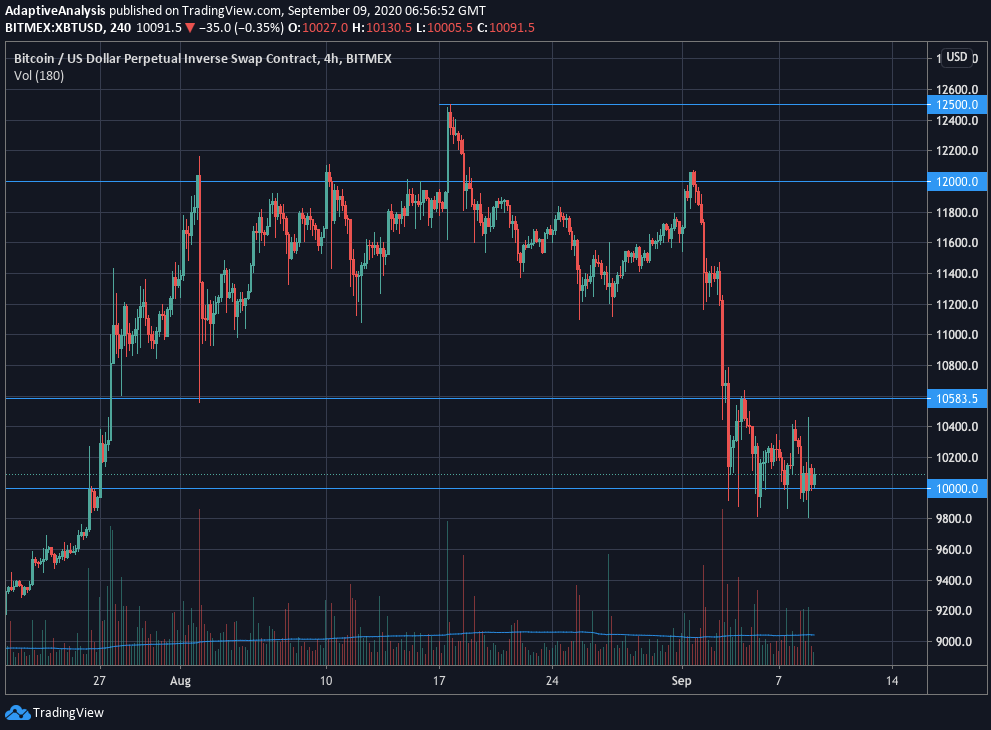The portion of Bitcoin hashrate powered by renewables receives significant press. Bitcoin mining energy sourced from renewables would otherwise be curtailed in many cases. Regions with overbuilt hydropower infrastructure like Sichuan and Canada have found a home for significant portions of Bitcoin hashrate. However, another way which Bitcoin miners can make use of stranded energy often goes underappreciated.
Oil and gas producers using energy from natural gas for Bitcoin mining has recently been receiving increased attention. Oil and gas producers are often forced to leak this energy directly into the atmosphere through flaring and Bitcoin offers them an alternative. Marty Bent estimated that there is roughly 60 GW of energy flared which could be utilized for Bitcoin mining.
The concept is not new and companies like Upstream Data have been helping oil and gas fields implement such technologies for years. However, the concept recently received a boost as an energy company majority-owned by the Norwegian government decided to implement the idea in oilfields in Bakken, North Dakota. Equinor partnered with Crusoe Energy Systems to use their digital flare mitigation technology.
Read Here: Can we agree on one thing in the Bitcoin Energy Debate?
Bitcoin Market Movements

(Source: Tradingview.com)
A significant sell-off at the start of September has been the dominant market development. Price declined roughly 15% over two trading days. A difficulty adjustment on Monday reduced the difficulty of mining by 1.21%. Miners are estimated to still be profitable with mid-gen equipment after the price drop.
According to F2Pool, at an electricity rate of $0.5 per kWh, an Antminer S15 currently operates at a gross profit margin of 12%. However, if price developments exacerbate, the S15 and S17 generations of rigs are likely to become unprofitable.
With Bitcoin price spending an increased amount of time trading just above $10k, the possibility of significant drop below looms. There have already been several drops below with each quickly finding buyer liquidity.
Bitcoin Mining Industry Developments
Digital Currency Group (DCG) launches Bitcoin mining subsidiary. DCG – the enterprise that owns CoinDesk, Genesis, and Grayscale – has announced a subsidiary called Foundry. Foundry will offer services to institutions operating in the Bitcoin mining industry. Foundry will provide equipment financing and procurement, mining and staking services, and consulting and advisory services. Foundry’s financing activities may provide the subsidiary with extremely competitive future entries into proprietary mining. Those financing clients who fail may have their operations acquired for steep discounts by Foundry.
Bitmain denied damages from Poolin co-founders. A Beijing court has denied an appeal by Bitmain seeking $30 million in damages from the three co-founders of multi-currency mining pool Poolin. The Poolin co-founders are forced to pay smaller fines after being found to be in breach of their respective non-compete agreements with their former employer BTC.com. An appeal made by Bitmain for the trio to pay fines of $10 million each was publicly denied on the 8th of September. This marks the end of the lawsuit.
Publicly-listed DMG announces the release of mining management software. DMG announces the commercial release of a mining management software called “Mine Manager”. The software is noted to allow mining farm operators to monitor performance for operations based in data centres or containers. In the latest Proof of News release, HASHR8 CEO Whit Gibbs talks about the challenges of the mining management software business model.
Russian government proposes a bill that would force mining farms to report operations. A ministry of the Russian government has proposed a bill for public feedback which would require the country’s data centres to report their operations to a government agency. The data centre operators (including mining farms) would be required to report the computing capacity of their facility, data storage methods, and what services the data centre provides.
Bitfarms reports net loss of $3.7 million for Q2 2020. Bitfarms recorded a revenue of $7.4 million in Q2 after mining 815 bitcoin. Their average electricity cost was reported to be $5,075 per bitcoin mined. The 90-day moving average of price at the end of the quarter was roughly $8,700. The firm nonetheless recorded a net loss of $3.7 million with over $7.1 million in costs directly associated with the revenue generated. Other costs included interest and depreciation deductions which totaled $4.1 million. The firm intended to deploy an additional 1,000 mining rigs in the days following the press release.
HASHR8 Podcast
Have you listened to our recent podcast episode with Philip Salter from Genesis Mining? Genesis Mining is one of the longest-operating enterprises in Bitcoin mining and Philip discusses several interesting topics. Philip discusses differences scaling mining operations in different countries, Ethereum mining, cloud mining, and several other topics.
Watch Here: Mining Bitcoin In The Cloud with Philip Salter
About HASHR8
We are a modern media and Bitcoin mining company focused on driving the mass adoption of cryptocurrency. Our research analysts and content creators strive to provide actionable and engaging content on the most relevant industry topics.
For more information, to submit a story for review, or to share a newsworthy tip, please email us at [email protected].

